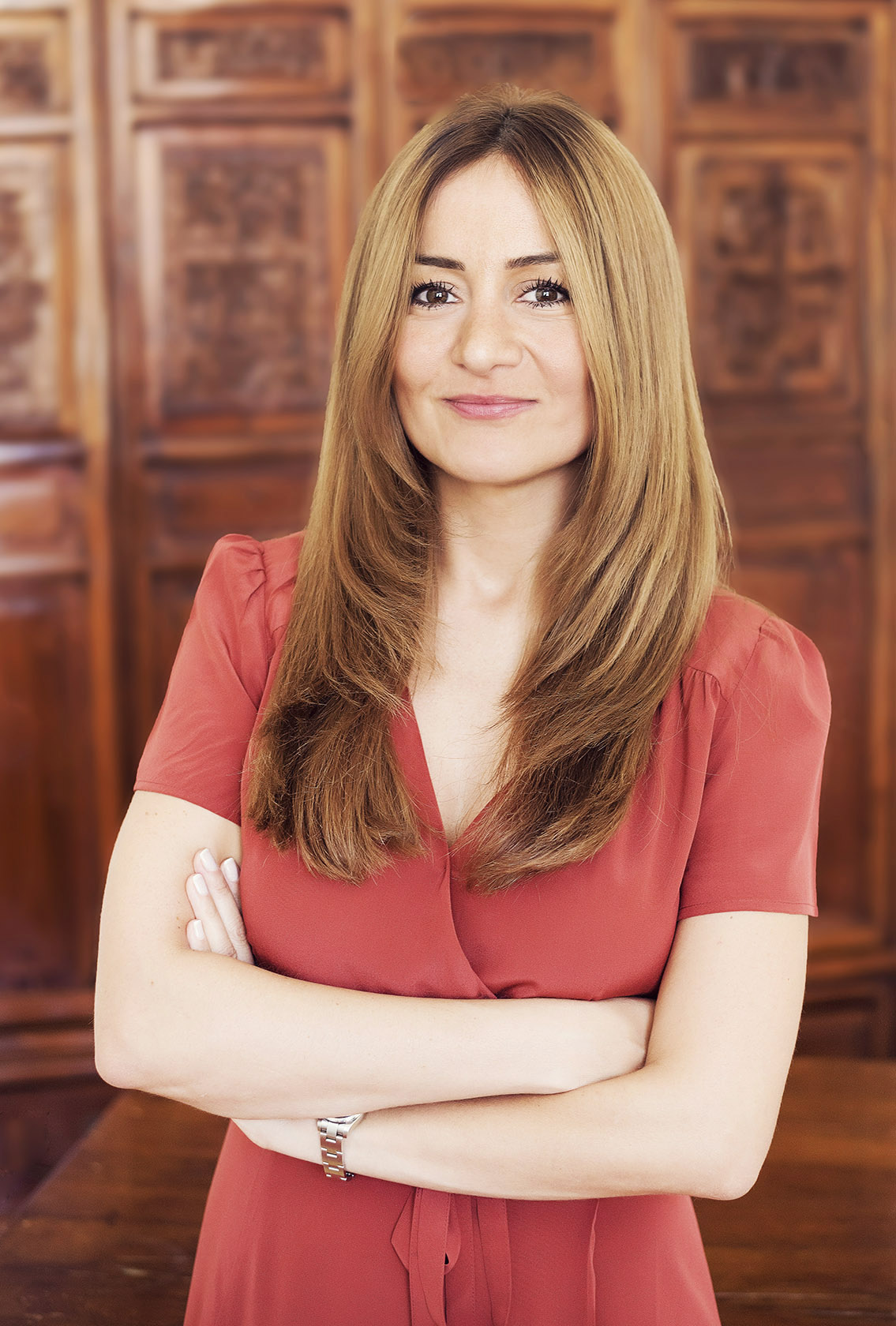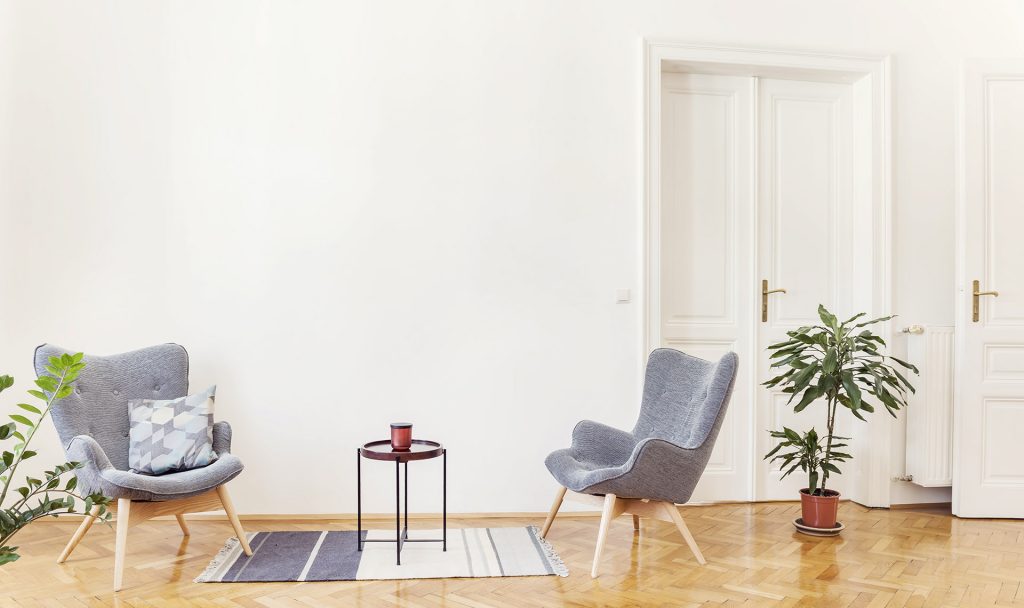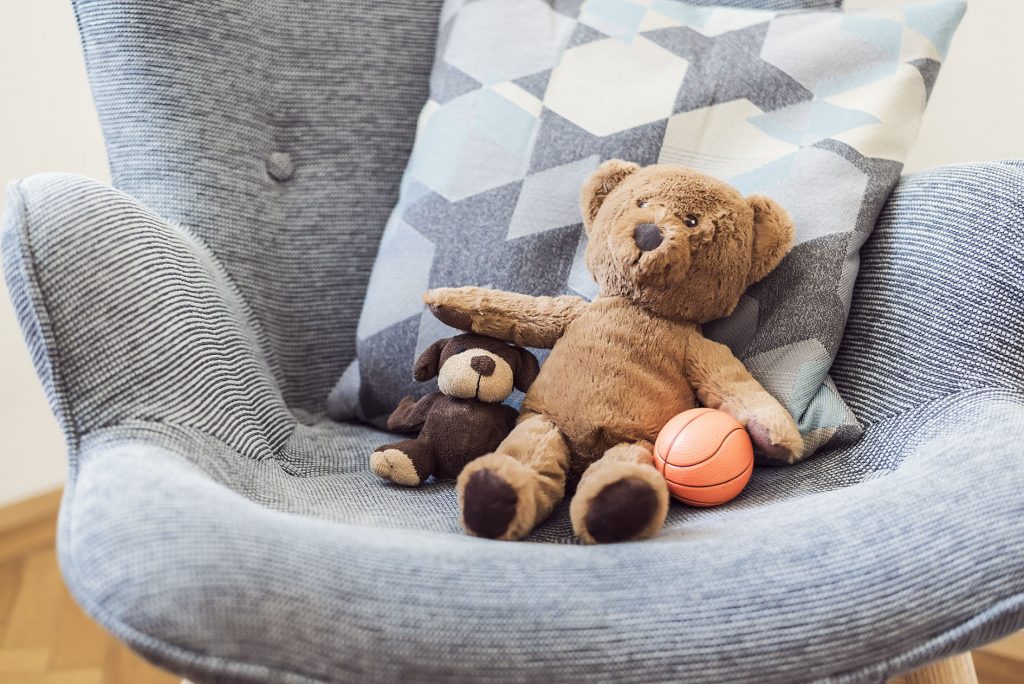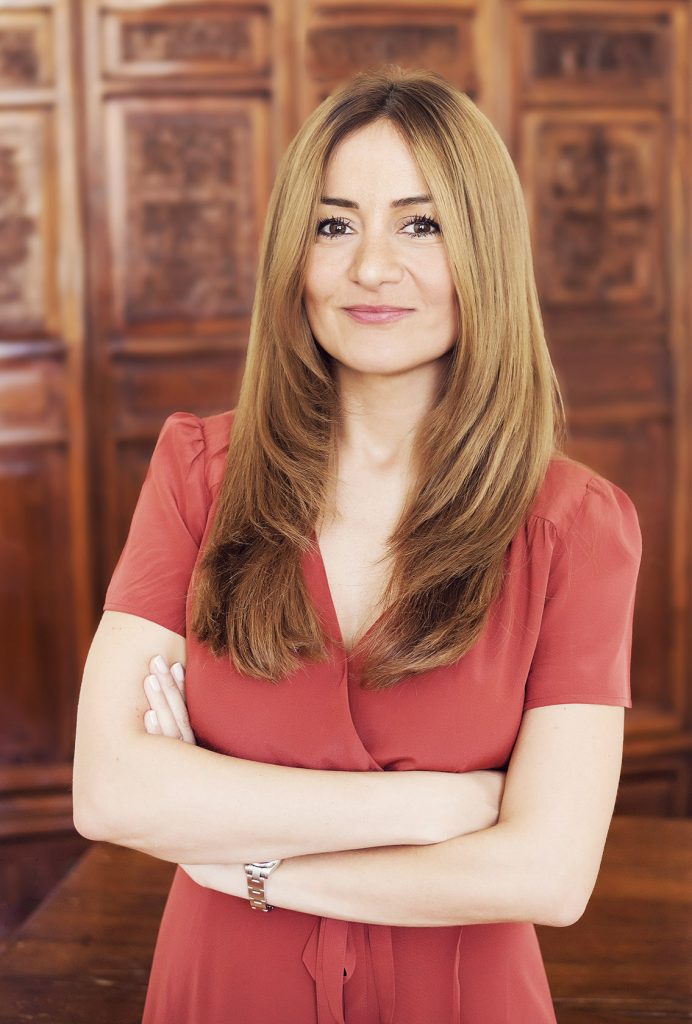Welcome
Our lives are not as positive as we had wished or planned for. We often find ourselves in situations that are overwhelming and cause stress. Sometimes, these burdens can become too much for us to bare. Our bodies let us know if the pressure is excessive and ultimately not sustainable. At this point, it is important to take time out and to reflect. It is high time to take stock of the past and present to find an improved approach to life’s journey and challenges.
Individual psychotherapy
Individual psychotherapy is the most classical approach to therapy.
It provides you with the opportunity and personal space to think about yourself. It allows you to discover your dreams and wishes, reflect on your actions and develop your personal thoughts and future. You lead the direction of the discussion, talk about pleasant and unpleasant experiences and your thoughts. The psychotherapist supports you in your personal investigations into emotions and feelings.
Free association is core to psychoanalysis as it allows us to freely share thoughts, phantasies, and anything else that comes to mind. Your spontaneous thoughts are much more revealing than most people assume.
Psychotherapy for children and adolescents
Pressures at school, separation from loved ones, death in the family, migration, abuse and violence can create a high level of stress in children and adolescents. They often find it difficult to deal with these situations and are not in a position or capable to create their own solutions. This results in frustrations and anxieties with symptoms we know well. In children, typical indications are panic attacks, despondency, immature behaviour and bed wetting, as well as inexplicable aggressiveness to key relationships such as parents. In adolescents, we see self-destructive tendencies, retreat, excessive fear of exams, bad school marks and aggressiveness towards those in the immediate environment.
Psychotherapy provides a channel for parents and their children to improve communication, mutual understanding and to work through these situations.
Personal development
Does your life feel like a tread mill? Do you feel like you are lost in the detail of the everyday grind? Have you lost your own great goals and big picture? Do you feel like you are constantly falling into the same traps?
Psychoanalytical therapy can help you to regain your individual orientation in life. This applies to your private as well as professional aspirations. We can work with you to re-develop your own personal goals and ambitions, reenergise your level of motivation and engagement, and raise your levels of self-esteem and assertiveness. Ultimately, we work together so that you know what you want, are happy with your work-life balance, have improved managerial and leadership abilities and are better equipped to achieve your goals.
Our private and confidential discussions will serve to understand and develop your personal strengths, as well as recognise and work on your development opportunities. The aim is for you to achieve greater fulfilment of your personal potentials and life’s goals.
Dr. Ümit May
Psychoanalyst, Psychotherapist
(in Ausbildung unter Supervision)
My therapeutic approach is classical Psychoanalysis.
I relocated to Vienna and started studying psychoanalysis at the Sigmund Freud University. I have since completed my Bachelor’s degree in 2015, Master’s degree in 2017 and Doctoral degree in 2023. I am now privileged to hold the position as a lecturer at Sigmund Freud University Vienna, where I actively contribute to the advancement of psychoanalytic understanding.
The Psychoanalytic Seminar Innsbruck has bestowed the title of “Psychoanalyst in training and under supervision” on me 2015.
I also hold the qualification for infant, child and adolescent psychotherapy in training and supervision and have taken part in The International Workshops for Group Analysis since 2015 which is focused on group therapy.
I am an independent Psychotherapist and work from my own practice in Turkish, English and German supporting:
- Adults in individual therapy
- Adolescence in individual therapy
- Children in individual therapy
- Couples in couple therapy
- Groups in group therapy
I get involved and find professional engagements in programs and projects supporting women and immigrants. The impact of immigration with its traumatic backdrop has always been an important topic to me. Previously, I held the role of a psychotherapist at the Woman Health Centre FemSüd in the Kaiser Franz-Josef-Hospital in Vienna from 2014 to 2021. Also, I had the responsibility as group leader for an anti-obesity project „rundum gsund”. Much of my early experience was gained working for 3 years at the International Psychotherapy Clinic of Sigmund Freud University in Vienna, as well as, work experience at Headache Psychiatric Clinic for Children and Adolescents in Medical University Vienna (AKH), and in integration projects with children (e.g. Anton Sattler Gasse Mittelschule).
*More information: Theoretical background ...
Sigmund Freud is considered the “Father of Psychanalysis”. He was the first to consider the mind from a medical perspective. He recognised that early childhood impressions compounded by subsequent experiences can have a positive or negative influence on life. Over the last 100 years, psychoanalysis has been continuously used as a method for therapy.
Today, psychoanalysis provides the basis for psychotherapy. An important aspect today is a value approach tailored to the specific needs and resources of each particular patient.
Therapeutic sessions create the platform where the patient and the therapist review the past to reveal new perspectives and choices of the future.
The therapy setting in the classical psychoanalysis is relaxed and pleasant. The patient either reclines on the couch or in a comfortable chair. The first session is intended for the patient and therapist to get to know each other. The details of the proposed therapy are discussed, and both the patient and therapist commit to taking the first therapy steps together. The patient develops insights about him/herself and his/her environment during the subsequent sessions. The therapy lasts as long as required and depends on each unique circumstance.

Address
1060 Vienna, Laimgrubengasse 17, door 6 (only 5 minutes away from U4 station Kettenbrückengasse)
Google-Maps
Nearest stations
U4 Kettenbrückengasse, U1, U2, U4 Karlsplatz, bus station “Laimgrubengasse” (Linie 57A)
Appointments
by mail or by phone: +43 (0) 699 190 428 94




